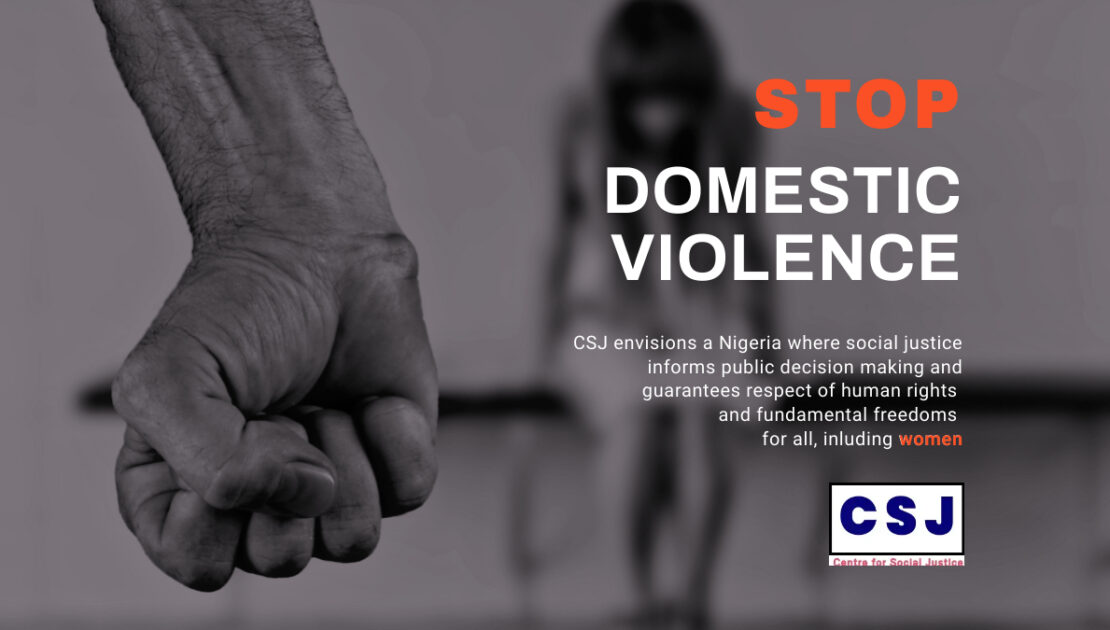CSJ’s Advocacy Under UNDP Spotlight Project pays-off As Adamawa, Sokoto Pass VAPP Laws
-
January 18, 2022
- Posted by: Center for Social Justice

The Centre for Social Justice’s (CSJ) legislative advocacy under the United Nations Development Programme (UNDP) Spotlight project yielded results in 2021 following the enactment of the Violence Against Persons Prohibition (VAPP) Law in two states of Adamawa and Sokoto.
CSJ is an implementing partner under UNDP for the joint EU-UN Spotlight Initiative under the thematic areas of Pillar 1 – Laws and Policies; and Pillar 2 – Institutions.
Adamawa and Sokoto state records high level of Sexual and Gender Based Violence (SGBV), Violence against Women and Girls (VAWG), Harmful Practices (HP) and breaches of Sexual and Reproductive Health and Rights of Women and Girls (SRHR) which called for the need to review the policy and legal frameworks with a view to drafting new bills or revising existing ones in accordance with international best practices and domesticating same.
CSJ went on advocacy visits in both states with a Policy Brief on Protecting Women and the Girl Child from Violence. We visited key stakeholders in the executive and legislature, religious and traditional institutions and law enforcement agencies and media. Thereafter, a stakeholder’s validation meeting was held to review the existing VAPP bills and make recommendations to the legislature.
CSJ made tremendous contributions into the VAPP Bill that has been passed by the Adamawa State House of Assembly. On the Sokoto Bill, we made inputs which were adopted by the Attorney General and presented at the legislative public hearing on the VAPP bill.
On August 30, 2021, Governor Ahmadu Fintiri of Adamawa signed the Adamawa State Violence against Persons Prohibition (VAPP) Bill into Law. VAPP law with 47 sections prohibits all forms of violence against persons; provides maximum protection, remedies for victims and stiff punishment for offenders.
The Sokoto State Governor, Aminu Waziri Tambuwal also signed the Sokoto State Violence Against Persons Prohibition (VAPP) Law in 2021. The Sokoto VAPP law made provisions for SGBV Response Team, referral services with improved medical and psychological care to survivors, allow compilation of exhibits and other materials to enable smoother implementations of the law.
